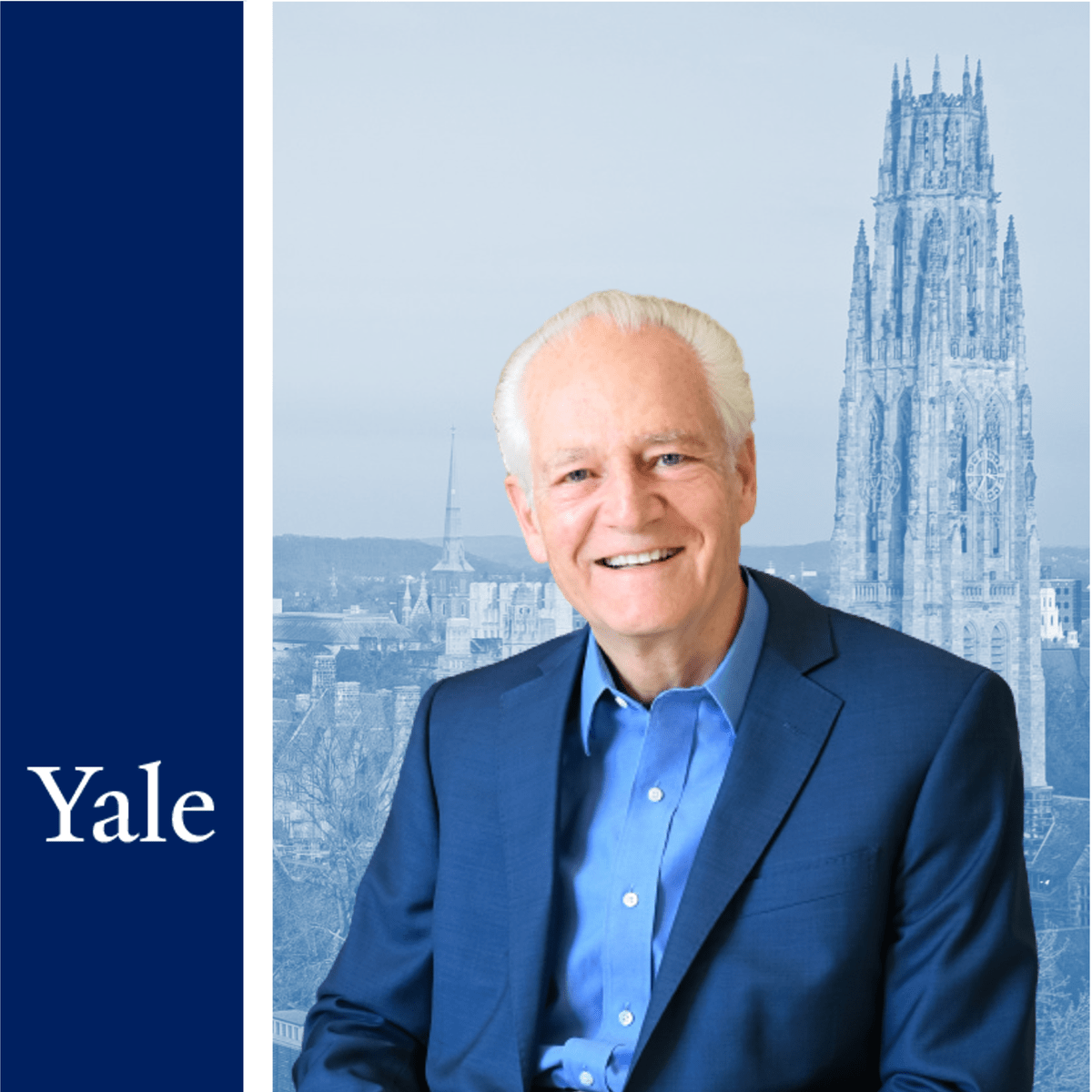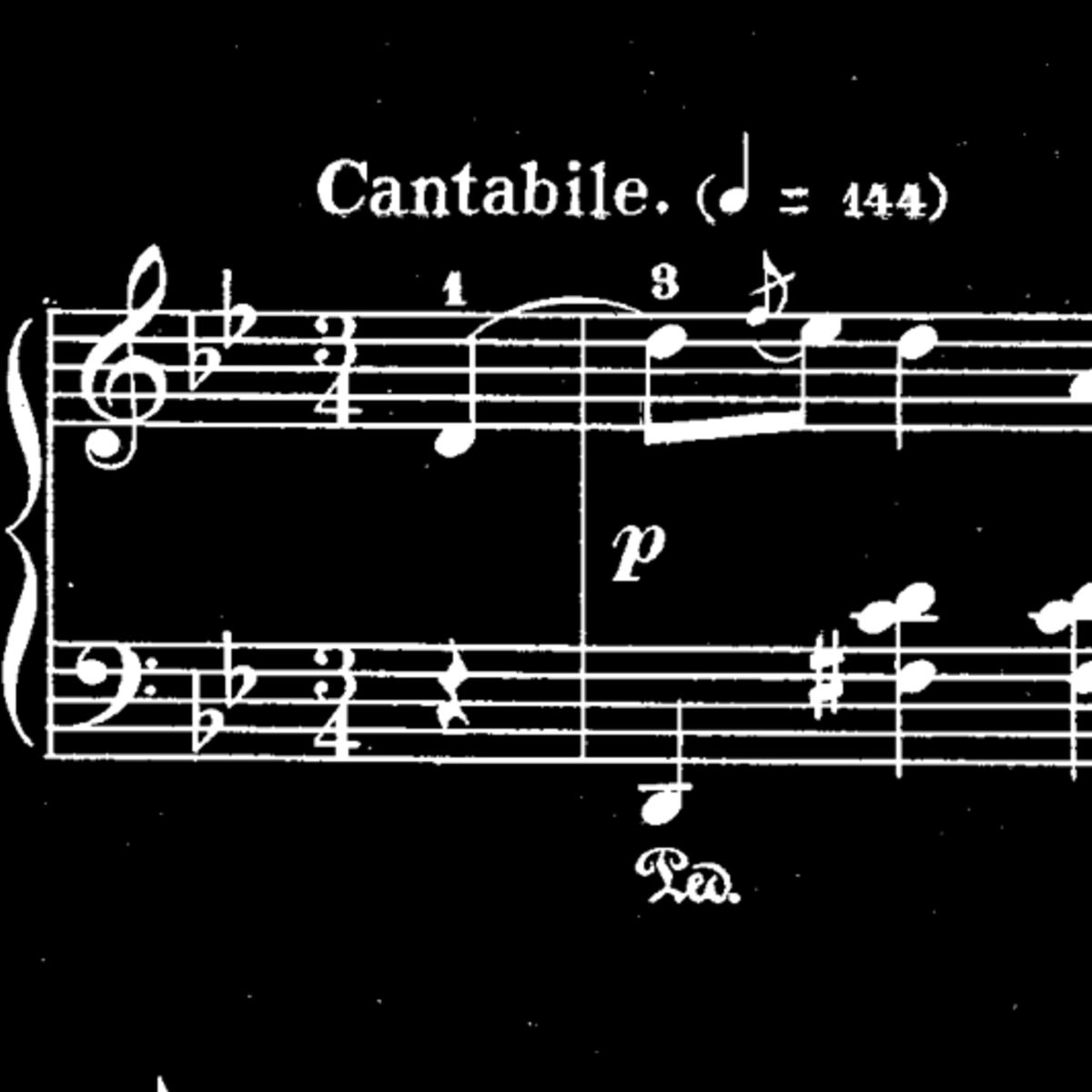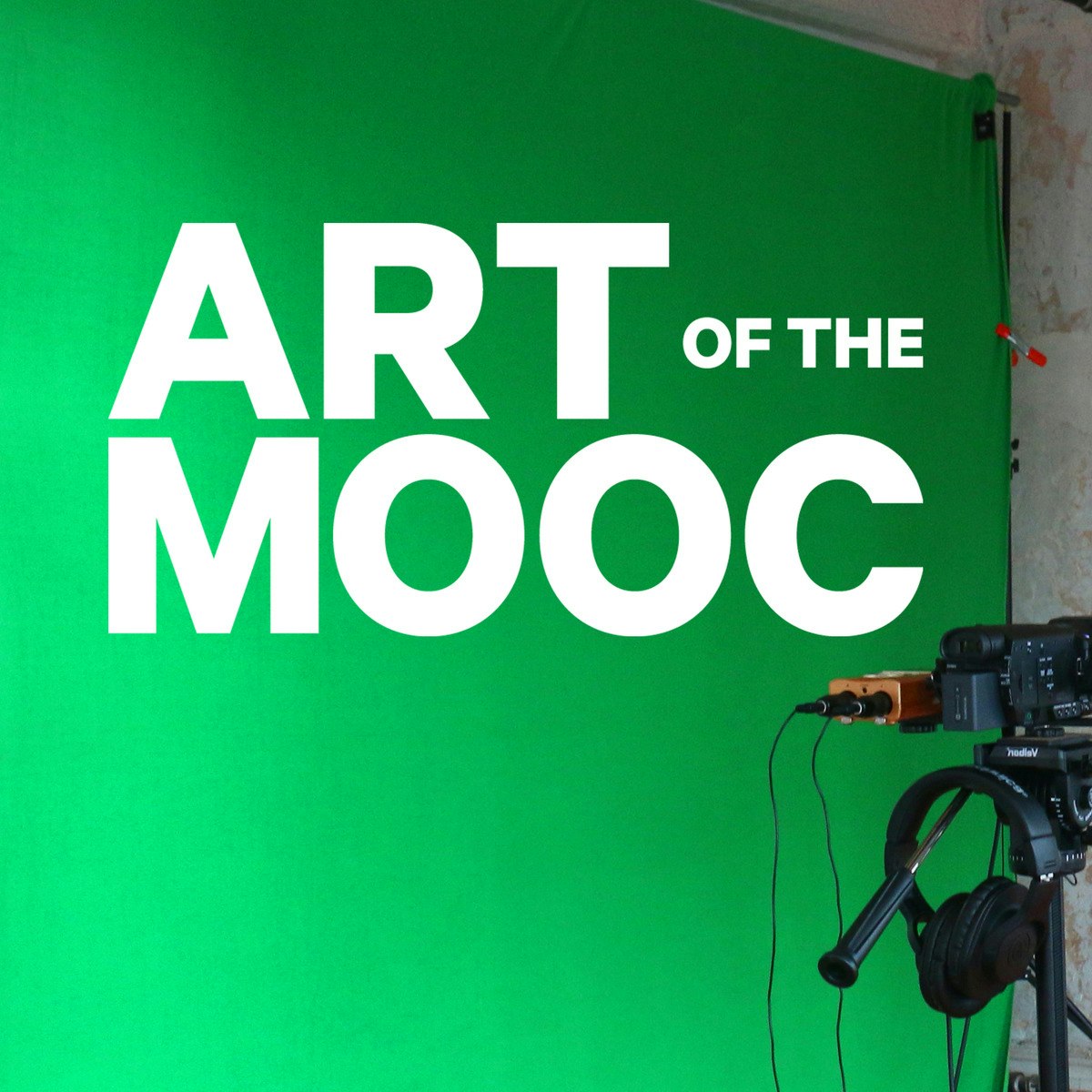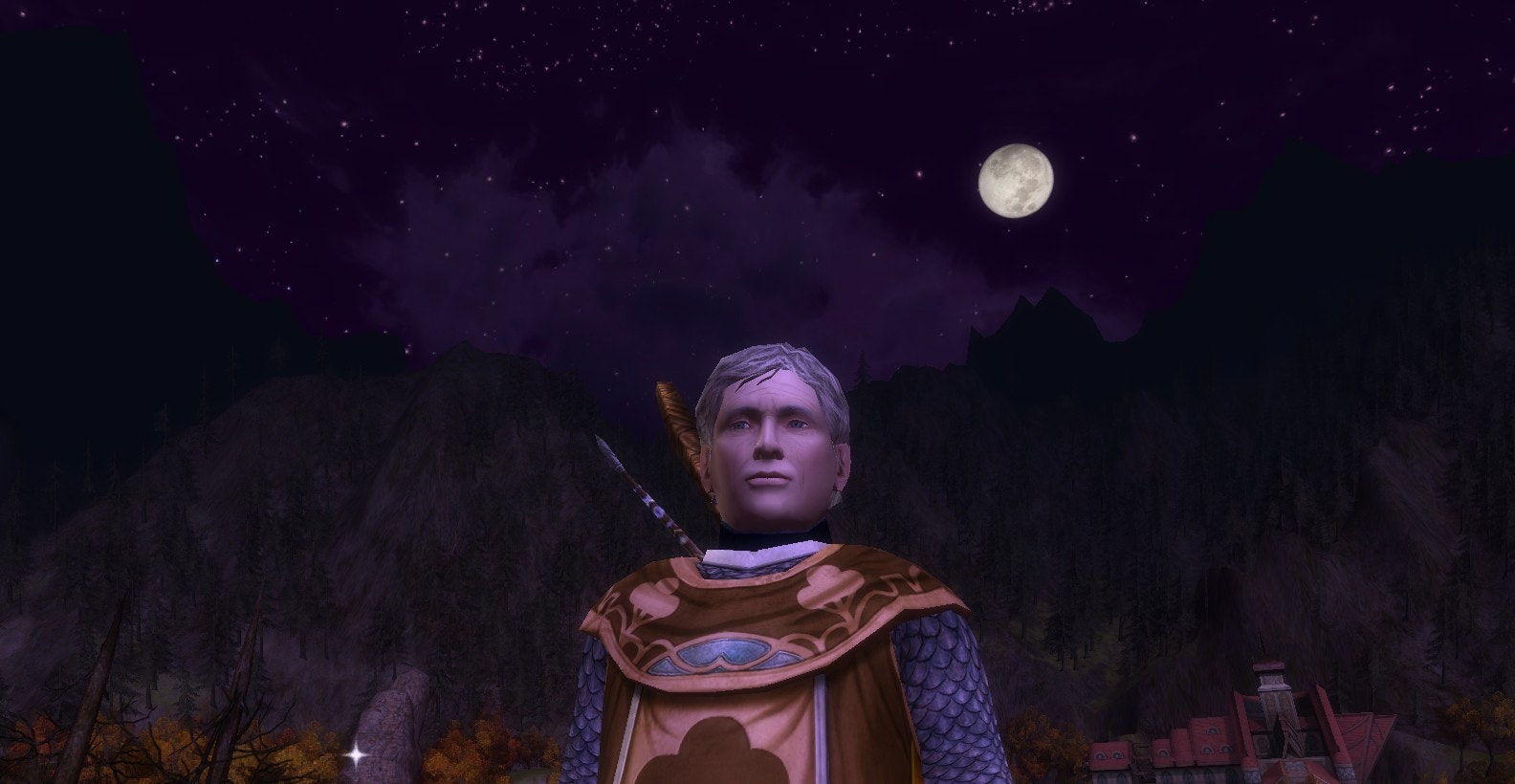Back to Courses









Arts And Humanities Courses - Page 34
Showing results 331-340 of 464

The Nature of Genius
Today "genius" is all around us. Celebrities, athletes, child prodigies, even your local Apple employees, all are referred to as geniuses. But are they? And if not these individuals then who? In this course, Henry L. and Lucy G. Moses Professor of Music Emeritus and author of The Hidden Habits of Genius, Craig Wright, will begin by giving you his definition and prerequisites for true genius and challenge you to come up with your own.
From there we'll look at examples of geniuses both historical and modern to try to identify the threads that bind them together and understand what separates the true genius from the wannabe... We’ll explore where creativity, curiosity and passion originate and how geniuses are able to discover, cultivate and apply their prodigious stores of each so as to fashion world changing ideas and inventions.
Specific topics covered in the course include:
Genius and Gender
Genius and Money
Whether or not celebrities and athletes can be considered geniuses
Where and when genius happen
The morality of genius
Genius and inequality
And dozens more
While this course almost assuredly will not turn anyone into a genius, we hope it will serve to inspire you to cultivate your own creativity, explore your own curiosity, and pursue your own passion.

Getting Started With Music Theory
This course is a brief introduction to the elements of music theory for those with little or no music theory experience. We will explore pitch, rhythm, meter, notation, scales, keys, key signatures, meter signatures, triads, seventh chords, and basic harmony. If you listen to music or play music by ear, and you want to know more about how music is organized and notated, this course is for you.
By the end of the course, you should know all major and minor keys, how to read and write in treble and bass clef using standard meters and rhythmic values, and how to notate and harmonize a simple melody. This course can serve as a stand-alone basic music theory course, or it can be a springboard to more advanced theory and composition courses.
Your instructor is Bruce Taggart, Associate Professor of Music Theory at Michigan State University, in the College of Music, where he has taught undergraduate and graduate music theory since 1996.
Create a Text Logo Professionally using Adobe illustrator
By the end of this project, you will be able to Create a Text Effect Logo Professionally using Adobe illustrator. We will be designing a Text effect logo for a hair shop called “THE WAVY HAIRSHOP ''. The word wavy will be distorted to reflect the wavy shape of the hair. Then color variations of this logo will be created. Next, we will design a Social media post to implement the use of the logo color variations. Last but not least, these posts will be added to a mobile mockup to showcase the client how the designs will look like when published to the market and social media platforms.
This project is for intermediate designers, who already have the basics of Adobe illustrator, that are able to build simple designs using this program.
In addition, for students that aim to learn new and advanced design techniques.
Since logos can be designed in many styles, a Text Effect logo is one them. Taking this course will help you as a designer to gain advanced skills in designing a logo and to learn how distortion can be applied to a text in order to reflect the brand’s name and vision.
In this Project, we’ll be using Adobe illustrator which is one of the Adobe Creative Cloud.

Structuring Values in Modern China
This sequence of four courses will propose a multi-disciplinary approach to the study of Chinese cultural history conceived of as a succession of modes of rationality (philosophical, bureaucratic, and economic). The focus will be on the moments of paradigm shift from one mode of rationality to another. For each of these moments, cultural facts and artifacts—thought, literature, ritual—will be examined in relationship to changing social, political, and economic systems.
The first two courses will cover the periods of the Warring States (481-256 BCE) and the Period of Division (220-589 CE), with a brief excursion into the Han (206 BCE-220 CE). The Warring States laid the social and cultural foundations for the emergence of the imperial mode of rationality; the Period of Division saw the Buddhist “conquest” of China and the emergence of a rationality defined by the opposition of the Three Teachings to shamanism, that is, of a clear contrast between elite and popular culture.
The third and fourth courses will focus on the emergence of modern China in the Song-Yuan (960-1368) and of today’s China 1850 to the present. We will see how the modern attack on religion, redefined as "superstition", led not only to religious reform movements but also to a society in which science and the nation became the primary value systems promoted by the state.
The courses are listed below:
A Critical Cultural History of China - Early China I: Intellectual Change in the Warring States and Han (481 BCE-220 CE)
A Critical Cultural History of China - Early China II: Religious Transformation in the Period of Division (220-589 CE)
A Critical Cultural History of China - Modern China I: Religion and Thought in the Song, Jin, and Yuan (960-1368)
A Critical Cultural History of China - Modern China II: Structuring Values (1850-2015)

Build a Banner Ad with Inkscape
By the end of this project, you will build a banner advertisement with Inkscape—a free, open-source graphics program. You’ll use objects in Inkscape that can be expanded and resized without losing image quality, so you can resize and use the same image for use with different social media platforms and websites.
You will practice working with vector graphics, including path editing, and you will feel comfortable using Inkscape to build basic and complex shapes, use align commands to accurately and easily position those shapes, and add color and stroke to create eye-catching images.
To build these skills, you’ll build a banner or feed advertisement image, practice customizing it, and use Inkscape’s built-in export tools.
Note: This course works best for learners who are based in the North America region. We’re currently working on providing the same experience in other regions.

ART of the MOOC: Public Art and Pedagogy
Students of this course may try their hand at their own public art interventions, or simply focus on learning from the theory of public practice and its recent history. Designed by artist and Duke professor, Pedro Lasch, and co-taught by Creative Time artistic director, Nato Thompson, this course presents public culture and art in their radically reinenvented contemporary forms. The lectures link major developments of recent decades to wider topics like spatial politics, everyday social structures, and experimental education.
Also included are guest presentations from key thinkers and practitioners, like: Tania Bruguera, Claire Doherty, Tom Finkelpearl, Hans Haacke, Shannon Jackson, Suzanne Lacy, Rick Lowe, and many more. As the ‘ART of the MOOC’ title implies, learners and participants are encouraged to treat the MOOC itself as a public art medium. This happens mostly through the course’s practical components, local project productions, global exchanges, and critical feedback.
While no prior art making experience is required, projects also offer challenging options for advanced learners.
For other course offerings or language versions in this series, just search 'ART of the MOOC' in the Coursera catalog.

Introduction to English Common Law
The common law of England and Wales is one of the major global legal traditions.
This MOOC will give you an introduction to this influential legal system including its history, constitutional background, sources and institutions. You’ll learn about the different ways in which laws are made and interpreted, the English court system and the increasing importance of European Union and human rights law. Now is an especially exciting time to be learning about English common law, given the potential changes that lie ahead in today’s political, economic and social environment – all these pose challenges to and opportunities for the law.
Each week we’ll focus on one aspect of English common law, using video lectures, readings, discussion questions and activities to enable you to learn about and evaluate key issues. Whether undertaken as a standalone course, or as preparation for the University of London’s world-class LLB degree, you will find this course interesting and stimulating.
Please note that participation in or completion of this online course will not confer academic credit for University of London programmes.

Build a social media presence for your business using Canva
In this guided project you will learn how you can create a social media presence for your small business and how you can use the Canva platform to do so. Canva is a graphic design web platform where we can create any type of material we need, from social media posts, brand kits, summaries, among many other things. Canva offers a number of tools to create content from elements, text sources, video, and audio. Canva has many elements that are free and gives you a lot of freedom when it comes to designing. It is an extremely useful tool for those who are just starting out and it even becomes a very good tool for those who have been designing more advanced programs for years. It is a quick option that does not need to be installed on your computer and as long as you have an Internet connection, it will be an accessible tool. Today you will learn how to use Canva to grow your small business, define your goals, find your ideal platform, create your own logo, discover ways to create innovative and eye-catching content, and finally learn how to plan your content in advance using Canva.

Philosophy, Science and Religion: Science and Philosophy
Philosophy, Science and Religion mark three of the most fundamental modes of thinking about the world and our place in it. Are these modes incompatible? Put another way: is the intellectually responsible thing to do to ‘pick sides’ and identify with one of these approaches at the exclusion of others? Or, are they complementary or mutually supportive? As is typical of questions of such magnitude, the devil is in the details. For example, it is important to work out what is really distinctive about each of these ways of inquiring about the world. In order to gain some clarity here, we’ll be investigating what some of the current leading thinkers in philosophy, science and religion are actually doing.
This course, entitled ‘Science and Philosophy’, is the first of three related courses in our Philosophy, Science and Religion Online series. The first launch is now closed to enrolments. We will launch a new version of the course in July 2018. The course will address four themes each presented by guest lecturers:
1. Are Science and Religion in conflict? (Professor Michael Murray, Franklin & Marshall)
2. Neuroscience and Free Will (Professor Al Mele, Florida State)
3. Creationism and Evolutionary Biology--Science or Pseudo-science? (Dr. Mark Harris and Dr. David de Pomerai, University of Edinburgh)
4. Do Scientific claims constitute absolute truths? (Professor Martin Kusch, University of Vienna)
The second and third courses in the Philosophy, Science and Religion series are ‘Philosophy and Religion’ and ‘Religion and Science’. They may be taken in any order and completing all three courses will give you a broader understanding of this fascinating topic. Look for:
• Philosophy, Science and Religion II: Philosophy and Religion
• Philosophy, Science and Religion III: Religion and Science
Check out our trailer to hear more: https://youtu.be/OifqTI5VKek
You can also follow us on Twitter at https://twitter.com/EdiPhilOnline and you can follow the hashtag #psrmooc

Online Games: Literature, New Media, and Narrative
Intended for both newcomers who are curious about video games and experienced gamers who want to reflect on their passion, this course will explore what happens to stories, paintings, and films when they become the basis of massively multiplayer online games. The Lord of the Rings trilogy—the novels, films, and video game—are our central example of how “remediation” transforms familiar stories as they move across media.
The course is designed as a university-level English literature class—a multi-genre, multimedia tour of how literature, film, and games engage in the basic human activity of storytelling. Our journey will enable us to learn something about narrative theory, introduce us to some key topics in media studies and cover some of the history and theory of video games. It will also take us to some landmarks of romance literature, the neverending story that lies behind most fantasy games: J.R.R. Tolkien’s The Fellowship of the Ring, a bit of Edmund Spenser’s Faerie Queene, and poems by Keats, Tennyson, Browning, and others.
Drawing on centuries of romance narrative conventions, the twenty-first century gaming industry has become a creative and economic powerhouse. It engages the talents of some of our brightest writers, artists, composers, computer engineers, game theorists, video producers, and marketing professionals, and in 2012, it generated an estimated $64 billion in revenue. Anyone interested in today’s culture needs to be conversant with the ways this new medium is altering our understanding of stories. Join me as we set out on an intellectual adventure, the quest to discover the cultural heritage of online games.
Popular Internships and Jobs by Categories
Find Jobs & Internships
Browse
© 2024 BoostGrad | All rights reserved